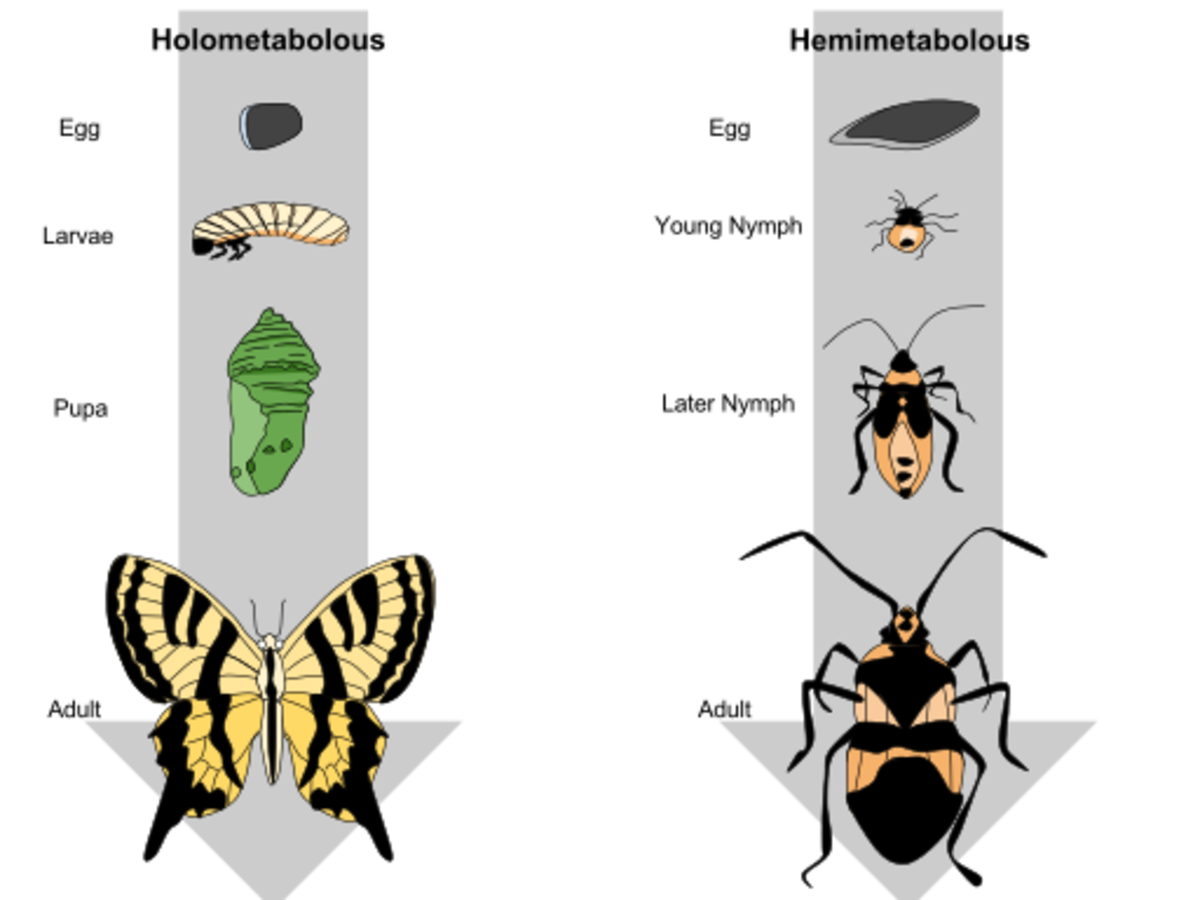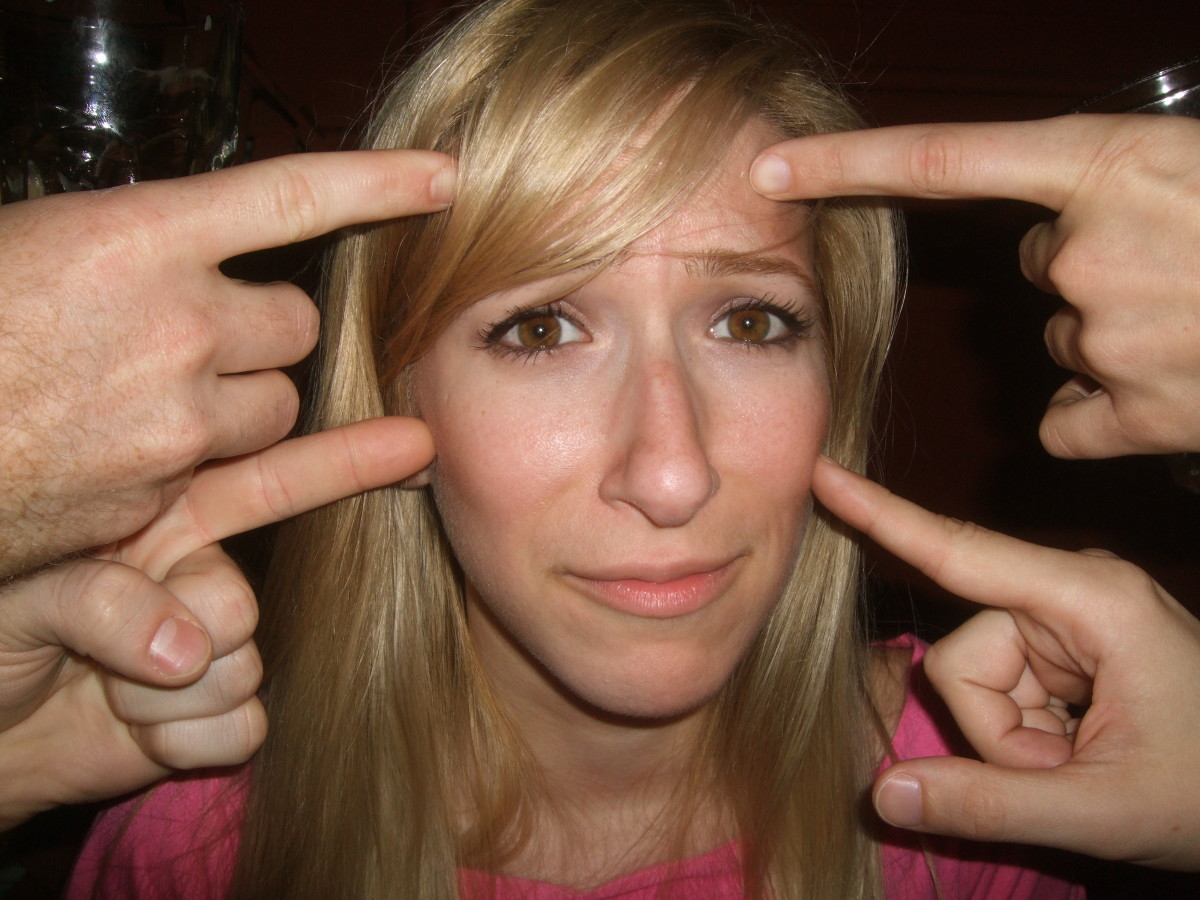Freedom - Why We Should Change the Meaning of this Word
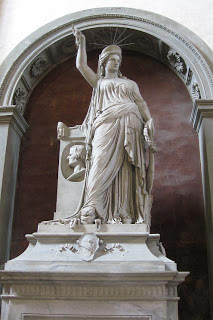
An initial definition of freedom
The Oxford Dictionary gives the following definition of the word freedom: “The power or right to do, act or think what one wants”. It is indeed a very good definition, synthetic and well balanced, both focused on the quality of the subject (what one wants) and the external circumstances which may affect his will (the power or right to do). A more objective definition, such as “the power or right to do without constrictions”, centred on the negative aspect of freedom (i.e. the factors which may limit our actions) would have been easier to criticize, since it is easy to demonstrate that none of our actions or thoughts is exempted of constrictions. The problems of this definition arise when we try to shed light on its subjective side, the term “to want”.
What does it mean “to want”?
Apparently, there are not difficulties with such a simple and universal word. Everyone wants and everyone knows what to want it means. But a curious and not conformist boy should ask himself questions like these: what happens when I want something? Who really it is that wants? It’s me or something else? I am sure that everyone of us has considered these questions once at least.
In fact, sometimes it is easy to know what we want (sometimes it is not, we oscillate between two or more possibilities and we do not know what to choose), but if we investigate about the origin of the reasons that led us to determine our choice, we get lost in a labyrinth similar to that of creation. Why did I do in this way? Why did I prefer this or that? I.e.: where my decisions originate from? This crucial question is dramatically correlated to the other fundamental one: Who it’s me?
If we want to know the origin of our will, we must get back to the origin of our self. There may be many theories (and there are in fact) about this topic, but the only one that I find sustainable it is that our self and our will are completely determined by external factors.
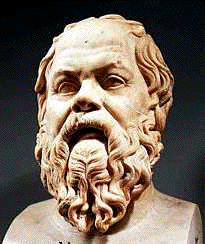
“To want” means “it happens to want”
I believe that we can develop our own will, however this happens in a way that is outside our control. Since we are generated, we can only receive our characteristics from outside. In the same way, our will can only be determined by external factors, since there is nothing pre-existing to us. So, we say more or less firmly I want (it depends on the character we happen to incorporate…), but to be correct we should say I happen to want: the set of all the factors around me since I was born (including my parents) have cooperated to bring me to this position where I am now, where I want (admitted that I want something), I decide (admitted that I decide something) and I behaviour in this way.
Put all together, these factors form the extra large system that continuously, second after second, determines the actions of men (and animals). How the system works is a subject of study at the school of gods: given that Max is now in this comfortable position taping the keyboard of the laptop settled on his knees, where will he be after, let’s say, 24 hours? and where was he exactly 24 hours (or 23 hours and 59 minutes, to make the problem more challenging) before?
The idea that we are just the result of the interactions of all the elements that fit into an XXL system may appear frustrating. On the contrary, I find somewhat fascinating this vision that each of us, and the actions of each of us (love and so on), is only the momentary result of the unstoppable force that drives the world forward. You and me and everyone else are just twin outcomes of the system, which surely features the characteristic to be not monotonous and, apparently, never repeat itself.
So freedom is the power to do what a system determines
If we accept the fact that our will is simply the result of all the factors around us, the definition of freedom we put at the beginning of this article becomes something like this: “the power or right to do, act or think what a system determines” which is not exactly what one would expect from a respectable definition of freedom. In fact, such a definition leaves space only to the negative aspect of the freedom: the power to do. In substance, we would have done all this trip only to conclude that freedom does not exist (at least in its subjective or positive aspect, the free will), as many have already stated in the centuries.
Indeed, we could also take a different point of view, focusing back from the system to us, the subjects of freedom, and turn the sentence in an apparently more gentle way: “the power or right to do, act or think what we happen to want” . This definition tells substantially the same, since if our actions are not determined by us, they happen to us, and we are not able to change or avoid them. But saying that the things happen and we are dragged by the events as in the flow of a river appears less dramatic then to be nailed to a gigantic, constricting system. Isn’t that true?

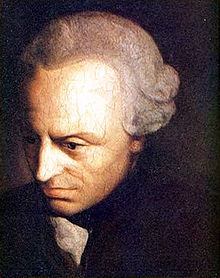
An empirical definition of freedom
There is a point about this pan-system we should consider and that could move the balance towards the second, more gentle definition. The point is that nobody in the world could control or even begin to understand how the system works. Indeed, if someone could do this, the world would have no more secrets, and life would become terribly boring. We could ask the oracle and to know exactly what it will happen tomorrow, but if we knew what it will happen, we could try to change the future, for example to avoid a disgrace, but the prediction also incorporates our attempt to change the future, so the disgrace might only be the result of our attempt to avoid a disgrace, which would have not happened if we had not tempted to know the future…. What an intrigue!
Well, if we agree that nobody can know the system, we can also agree that nobody can predict the results of the system, i.e. our actions, so we can take this empirical point of view and to conclude that “freedom is the power or right to do, act or think in a way that nobody can predict”. This is the thin field of our freedom. We can cultivate the sweet illusion to be free only because nobody can predict what we will do (sometimes, someone is successful to predict, indeed….) and so we can appear as the true authors of our actions.
Freedom coincides with case
The careful reader (one of the two or three who happened to strike into this article) should have noticed something familiar in this definition. It sounds quite similar to the definition of “case”. This is not a case, in fact. Case is just the name we give to what we are not able to explain, because there are too many variables that affect the result. The only difference with the term freedom is that with freedom we attribute to our-self the illusion to determine the result.
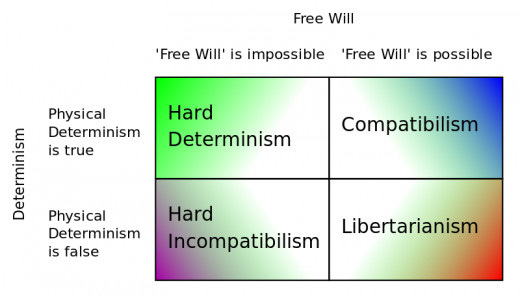
Did you know.....
view quiz statisticsExplore more...

© 2013 Massimo Viola



